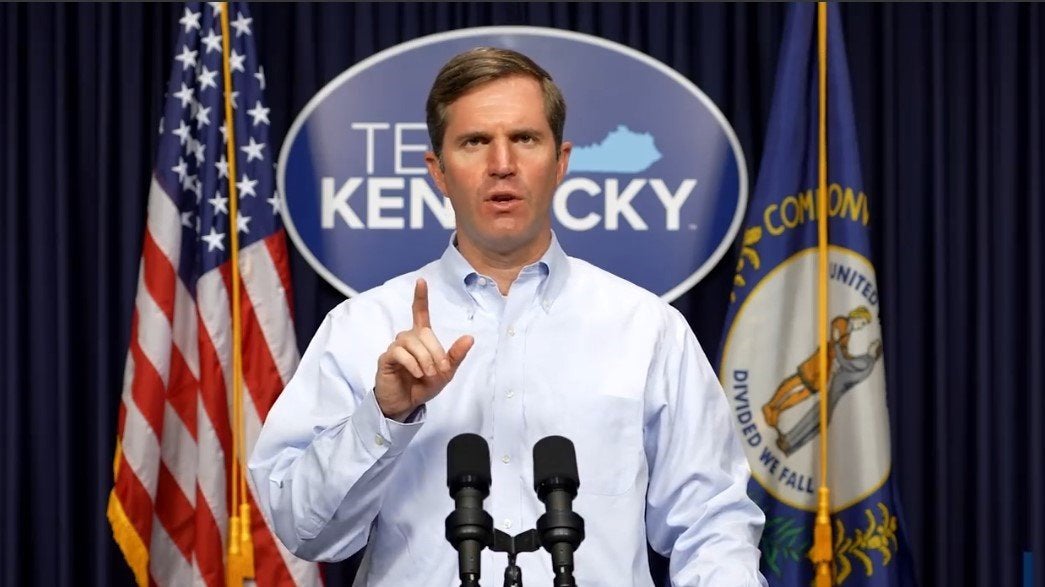We need to hear stories of addiction, and we need to do more
Published 8:14 am Saturday, February 11, 2017
By KATHY MILES
Boyle County ASAP
Stories of drug addiction have been popping up everywhere in recent months. As a way to highlight the startling statistics of the current opiate drug crisis in American, journalists are interviewing people willing to share personal accounts of how they became addicted, how their lives were negatively affected by their disease and what has contributed to their recovery. Television shows like “60 Minutes” and books like “Dreamland” by Sam Quinones have not only shared the facts of addiction in America today, but they recount real life stories of people with names and faces, jobs and families. They could be — and are — any of us.
This newspaper has been a leader in central Kentucky in telling these stories. Our local coalition group, ASAP, continues to be thankful for the commitment of The Advocate-Messenger to making the facts and the stories of those with addictions a local issue. Recently, after one of those articles was published, I was asked why those stories need to be told, and “what’s the big deal?” that we all need to read them. After all, the basic statistics could just be given, and everyone could be spared the “gory details that are no fun to read.”
It is certainly true that listening to and reading about the pain associated with addiction is difficult. But there are some important reasons for doing so and clear indicators that positive change happens as a result of the telling of the stories.
People with addictions have been telling their stories in 12-step meetings like Alcoholics Anonymous and Narcotics Anonymous since the beginning of those organizations many years ago. In sharing their stories with others, these folks are able to understand themselves as persons recovering from a disease, and they reinforce the importance of remembering where they have been. They are able to receive support and acceptance from others who understand and have lived addiction and continuing recovery.
Recently, it seems that more and more people in recovery have been willing to share beyond their recovery support groups. They have begun talking about their disease in the same way people talk about heart disease and diabetes. They have stepped out to help erase the stigma that has been associated with having an addiction. Some of our local folks in recovery have indicated their willingness to be part of the Speakers Bureau list, developed by ASAP. Telling their stories has become a way to build a community of hope and recovery. Their courage is making a difference.
These storytellers have taught us all that addiction has many paths, and that the road to recovery is not “one size fits all.” As is reflected in national research on opiate addiction, our local folks have taught us that some became addicted through a path of early “gateway drug” use, moving into more serious drugs, and finally to painkillers and heroin. Others, however, tell a different narrative, beginning with a legal prescription for a painkiller after surgery or an injury.
Some talk about recovery as beginning with a particular residential or inpatient treatment program; others have begun recovery without entering a “rehab” program. Virtually all, however, tell their recovery stories to include an acquired understanding of their addiction as a chronic condition with the potential for relapse. And, they almost always include in their recovery stories the importance of major lifestyle and spiritual changes, and supportive and healthy relationships.
The telling of the stories is not only helpful to the people with addictions — those who hear and read the stories have much to gain as well. Our brains process stories differently than we process facts and numbers. Narratives actually enrich facts by adding a picture or an emotion to the numbers. Both our brains and our hearts are touched.
Two years ago, many local citizens responded more actively to the emerging drug crisis when we heard the stories of central Kentucky babies being born dependent on drugs. We saw the local numbers rapidly rising, but the stories of our community’s babies needing the extra care of medical withdrawal shook us into action.
The question might be asked if one person’s addiction story is all a youth needs to read or hear in order to abstain from drugs. The well-researched answer is that stories alone don’t usually prevent future drug problems in others. Young people need relationships with caring, healthy adults throughout their developing years, and they need life-coping skills modeled and taught by adults. They need safe home and educational environments in which to live and grow. They need adequate food for their bodies — and “food” for their souls.
The stories of addiction, then, are very important. We are not going to get to the other side of this drug crisis without them. However, they are not sufficient — much more than stories is required to have healthier future generations.
The next time one of those stories is told, stop and reflect with compassion. Think about how it speaks to you. It just might bring you hope.
Kathy Miles is the coordinator for the Boyle County Agency for Substance Abuse Policy.





